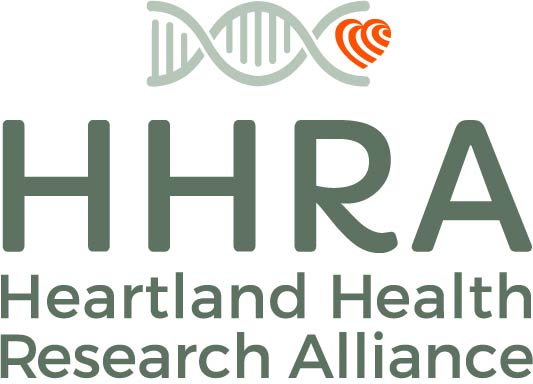Boone, Michelle D., Bishop, Christine A., Boswell, Leigh A., Brodman, Robert D., Burger, Joanna, Davidson, Carlos, Gochfeld, Michael, Hoverman, Jason T., Neuman-Lee, Lorin A., Relyea, Rick A., Rohr, Jason R., Salice, Christopher, Semlitsch, Raymond D., Sparling, Donald, & Weir, Scott; “Pesticide Regulation amid the Influence of Industry;” BioScience, 2014, 64(10), 917-922; DOI: 10.1093/biosci/biu138.
ABSTRACT:
Pesticide use results in the widespread distribution of chemical contaminants, which necessites regulatory agencies to assess the risks to environmental and human health. However, risk assessment is compromised when relatively few studies are used to determine impacts, particularly if most of the data used in an assessment are produced by a pesticide’s manufacturer, which constitutes a conflict of interest. Here, we present the shortcomings of the US Environmental Protection Agency’s pesticide risk assessment process, using the recent reassessment of atrazine’s impacts on amphibians as an example. We then offer solutions to improve the risk assessment process, which would reduce the potential for and perception of bias in a process that is crucial for environmental and human health. FULL TEXT
